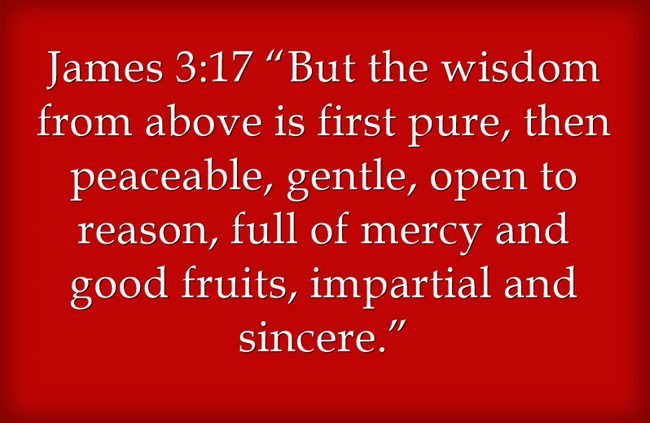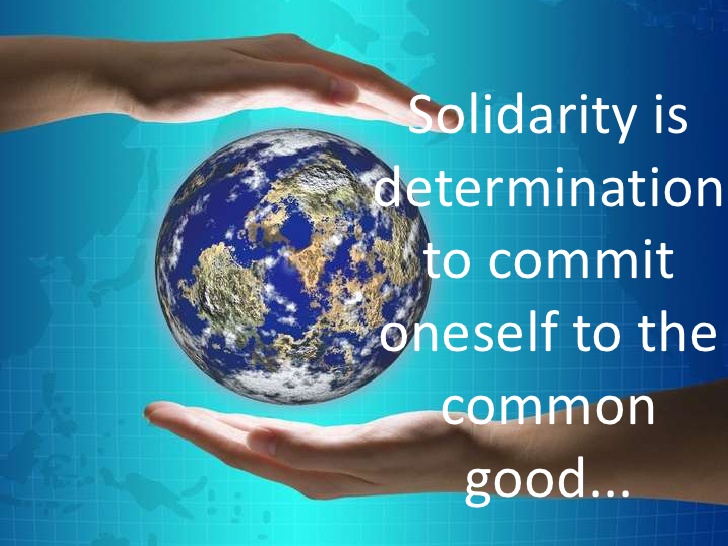The longevity index of every living being is recorded in the Telomeres of the gene (the length may serve as a biological clock determining the life span of a cell and organism). With time the Telomeres decreases and disappears arriving at death.
However, depending on our lifestyle there is a difference in the time that it will disappear. The dog's life span is from 8 to 13 years. The smaller the dog the longer the life. A cow feeding naturally in pastures will live about 24 years those that raised in the usual way, live from 10 to 14 years. Dogs and cows that live a natural life without stress the Telomeres take longer to disappear.
The instructions in the Telomeres of the gene indicate that life should reach 125 years—living a healthy life and returning to the Creator. However, death gives humans great fear. What is death? Many religions have death as their foundation.
If we return to the basics we get an idea of what is entailed. Life's organism, life's activity, and life's energy will give us an understanding of life and death.
What is a living organism? Something alive. What is life movement? The movement of life. As a doctor, he has been at the death of many and has made out the certificate of death which at times is difficult to determine.
The energy of life comes not from the inside but from the outside which communicates with the living organism. When the living organism receives the energy we have movement when it ceases we have death—TV when connected to electricity we have a picture.
For the living organism to have movement three things are necessary: water, dust, and energy from the universe.
"A flood was rising from the earth and watering all the surface of the soil. Yahweh God fashioned man of dust from the soil. Then he breathed into his nostrils a breath of life, and thus man became a living being." (Gen. 2:6-7)
The scientific explanation is similar except for God breathing life into man. First of all the living organism is made up of 70% water. A plant on the verge of dying given water begins to flourish.
Secondly, all material objects are made up of dust which the scientist calls Quarks.
Thirdly, the astrophysicist Georges Lemaitre declared
the universe beginning was like fireworks in the 'Big Bang'. At first, many considered his ideas too much like the Scriptures since he was a Catholic priest and ignored him but it finally did become the accepted thinking.
With the 'Big Bang' time and space began; the making of dust, all matter, and life. I am one with all of matter with all of creation. Loving you and all nature I am loving myself.
The energy from the mass, formed matter, with the disappearance of matter, energy returns to mass. This is Einsteins' famous equation E = mc2— energy and mass (matter) are interchangeable; they are different forms of the same thing.
I live as a human organism when I die and disappear Almighty God and his power returns me to the energy where my empty space remains.
How much do we think of the Holy Spirit, the energy of the world, working in our souls? Do we ask ourselves this question? From the time of conception to the hour of death we live in our soul with the energy of the world which for the believer is the Holy Spirit, but we don't acknowledge this for the most part and end up as walking corpses.
True health is possible when spirit and body are in harmony. Death is the beginning of another journey to the home of the energy that made us. Life is a gift. Death is a return to our creator a happy journey.





